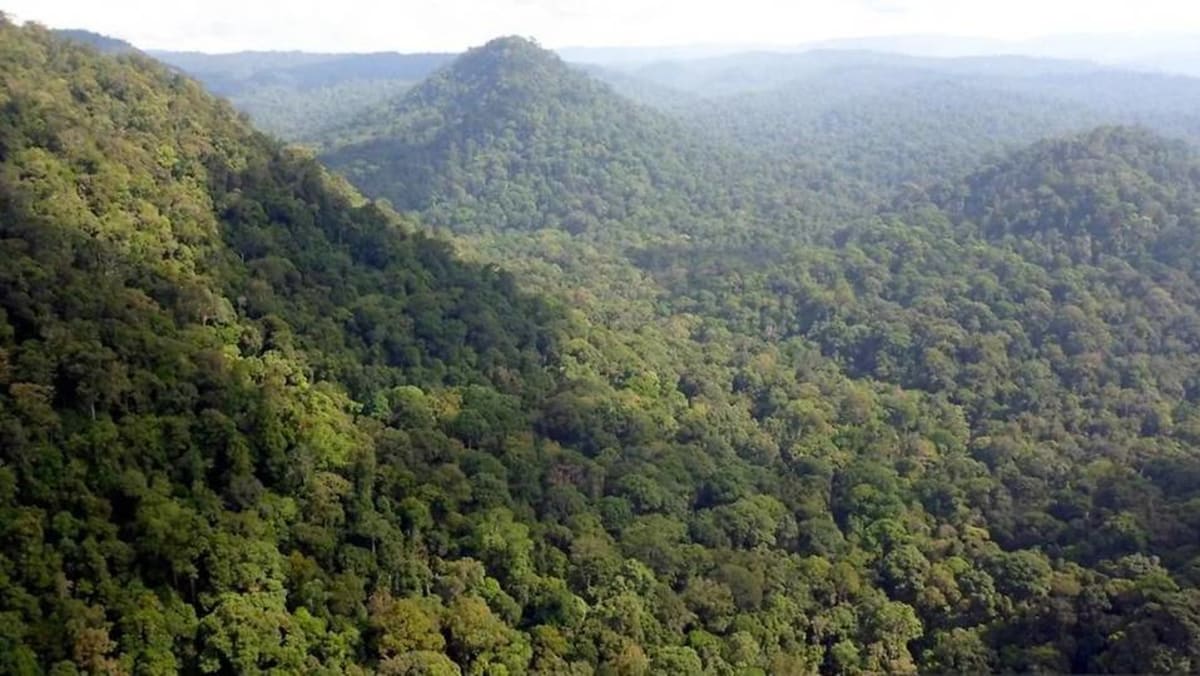
FORESTS GOVERNED BY STATE AUTHORITIES
At the heart of Malaysia’s forestry sector also lies a jurisdictional quagmire, wherein forest management is predominantly governed by state authorities rather than federal oversight.
Historically, Peninsular Malaysia and Borneo (Sabah and Sarawak) have indigenous communities with deep connections to the land but governments have permitted extensive growth of the logging industry with regional differences in practices, regulations and environmental considerations.
This decentralisation of power poses a hurdle to the effective management and regulation of forests, particularly concerning carbon credit initiatives. Yet, despite this jurisdictional challenge, Malaysia is expected to launch its first local nature-based carbon credit through the Kuamut Rainforest Conservation Project in Sabah, a project that started a little over six years ago.
In Malaysia, state authorities often rely heavily on logging as a source of income, presenting a significant barrier to prioritising the protection or regeneration of forests conducive to carbon credit markets. The allure of immediate economic gains from timber extraction often overshadows the long-term benefits of preventing deforestation or reforesting previously logged areas.
Consequently, allocating resources towards such initiatives becomes challenging, as it requires diverting attention from a lucrative industry deeply entrenched in local economies. Furthermore, Malaysia lacks a carbon tax system to set the price of carbon.
The current dismal pricing of nature-based credits, hovering around US$1.50 – a huge drop from US$8 to US$9 in 2019, largely due to criticism of the credibility and efficacy of carbon credits – undermines the investment incentive for state authorities, as the potential returns may not offset the revenue generated from logging activities.
Thus, the convergence of economic dependency on logging and the undervaluation of nature-based credits creates a formidable barrier to fostering meaningful conservation, let alone reforestation, necessary for carbon credit generation in Malaysia.
